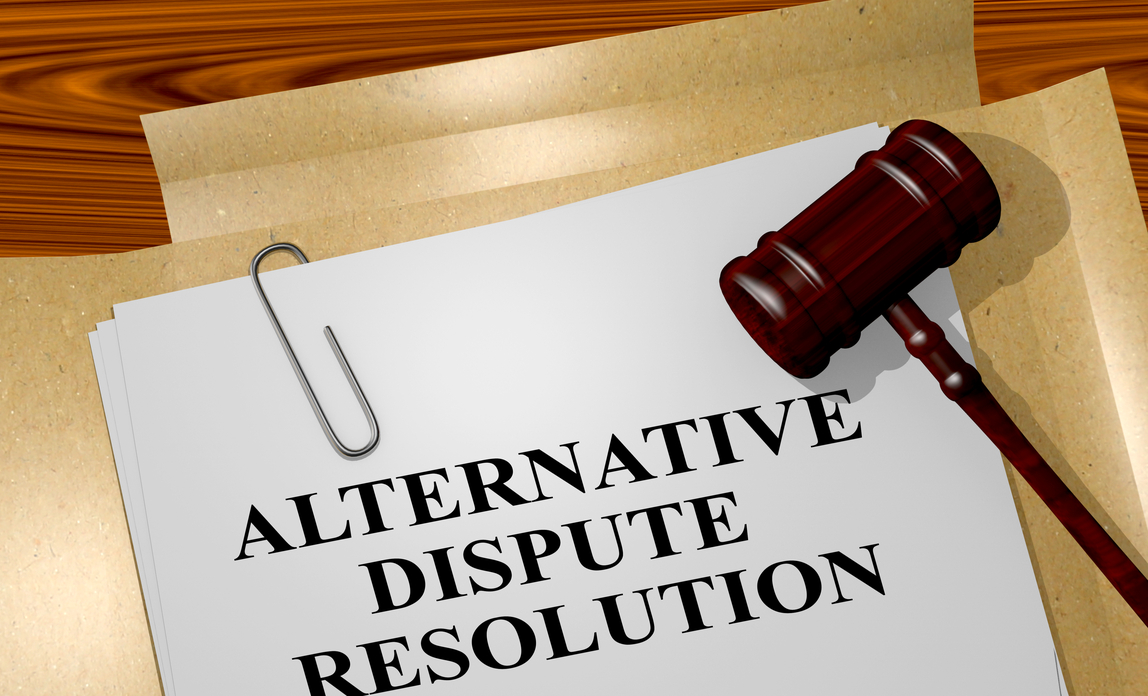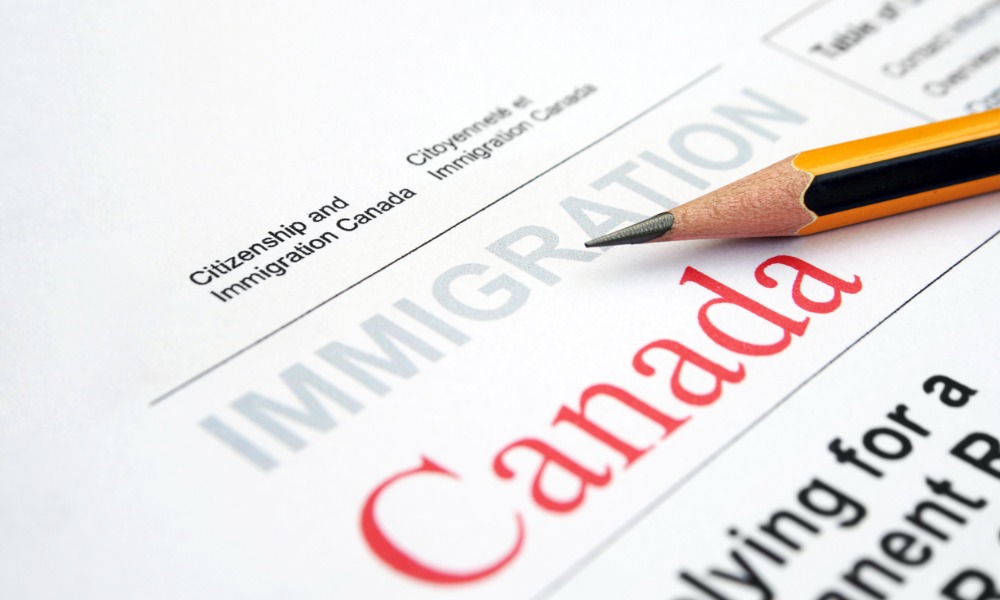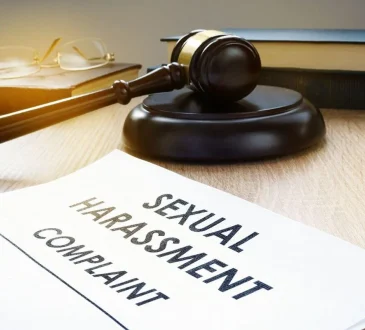
In a car accident where you are also partially to blame, any compensation you claim for damages suffered can be reduced to reflect the extent of your blame. This is the result of the concept of comparative negligence. But does that mean contributory negligence can impact your no-fault benefits? In this blog, as your car accident lawyer in NYC, the team at Gabriel Law will elaborate on how comparative negligence impacts compensation in New York and what you need to do to overcome the issues and get the compensation you deserve.
How does comparative negligence work in New York?
In New York, comparative negligence impacts cases in the form of the pure comparative negligence rule. Under this rule, suppose you are involved in a car accident where you are also partially to blame. Afterward, when you submit an insurance claim or file legal action to claim compensation for the damages you’ve suffered due to the accident, the compensation will be reduced to reflect the extent of your fault in the accident.
Consider a situation where A and B are involved in an accident and both parties are claiming $50,000 in damages. At the time of the accident, A was running a red light, and B was texting while driving. In this situation, the accident investigation finds that both A and B are 50% to blame. This means that the compensation for both A and B will be reduced by 50%, meaning they will only walk away with $25,000.
The special feature of the ‘pure’ comparative negligence rule is that you are able to claim compensation, albeit a reduced amount, even if you are mostly to blame for the accident. In contrast, in a state that has adopted the ‘modified’ comparative negligence system, you are not allowed to claim compensation if you are more than 50% to blame for the accident.
What are no-fault benefits?
New York is regarded as a ‘no-fault’ state, which means that anyone injured in a car accident will be able to claim compensation regardless of their fault in the accident. But to claim no-fault benefits, you need to have proper personal injury protection (PIP) coverage. Apart from liability insurance and uninsured motorist coverage, all drivers must have PIP coverage as part of satisfying New York’s minimum auto insurance requirements. Through your PIP coverage, you can claim costs for:
- Medical expenses
- Around 80% of lost wages, and
- Other necessary and relevant expenses for treatment and rehabilitation (household expenses, fuel costs, etc.)
Does comparative negligence impact no-fault benefits?
The concept of comparative negligence will NOT impact your ability to claim full no-fault benefits after an accident. After all, there is a reason why we consider the PIP coverage as ‘no-fault’ coverage. Instead, the concept of comparative negligence, taking the form of the pure comparative negligence rule, will only apply in situations where you want to claim compensation through liability insurance and personal injury lawsuits where fault is a serious consideration.
Conclusion
When it comes to claiming compensation for your car accident injuries, understanding how concepts such as pure comparative negligence may impact your case is extremely important. While your no-fault benefits are safe from comparative negligence, any other damages you claim will be subject to fault considerations. To protect your rights and your chances of securing fair compensation, you need the help, guidance, and expertise that only an experienced New York City auto accident attorney can offer.
If you’re looking for such an attorney, then you’ve come to the right place with Gabriel Law. Our team of New York City attorneys have over 50 years of combined experience fighting for justice, contributing to significant settlements and landmark judgments. Contact us, schedule a free consultation, and tell us your story—your case is more than just a number to us, and we, as your Queens car accident lawyer, will do everything in our power to pave your path to a brighter future








